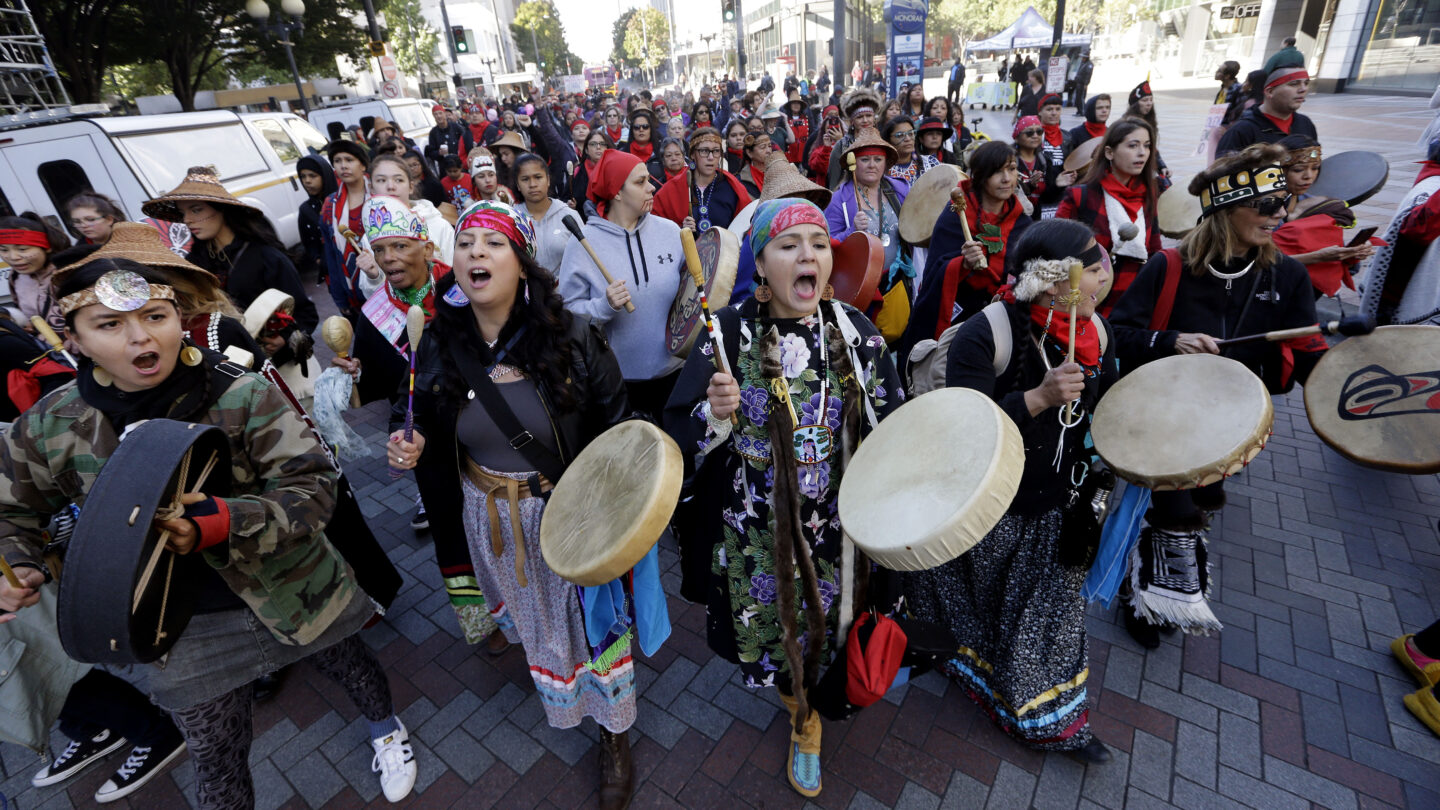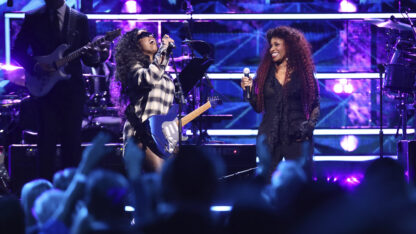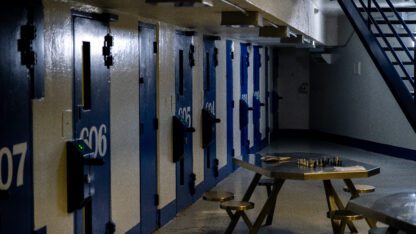Native people celebrated their history on Monday with events across the U.S. marking Indigenous Peoples Day, from a sunrise gathering in Minneapolis to a rally in Maine.
The ceremonies, dances and speeches came two years after President Joe Biden officially commemorated Indigenous Peoples Day. At the time, he said the day is meant to “honor America’s first inhabitants and the Tribal Nations that continue to thrive today.”
In Minnesota, about 150 people, including the governor and lieutenant governor, attended a sunrise prayer and ceremony at Bde Maka Ska, a lake surrounded by parkland on the south side of Minneapolis.
“Today, we recognize our ancestors and predecessors who really laid the foundation for us to stand,” said Thorne LaPointe, an indigenous organizer and Native American. “And we will always recognize our elders who are here and those who have gone on before us, who really kicked open the doors in their time, nationally and internationally.”
According to the Pew Research Center, 17 states and Washington, D.C., have holidays honoring Native Americans. Many of them celebrate it on the second Monday of October, pivoting from a day long rooted in the celebration of explorer Christopher Columbus to one focused on the people whose lives and culture were forever changed by colonialism. Dozens of cities and school systems also observe Indigenous Peoples Day.









